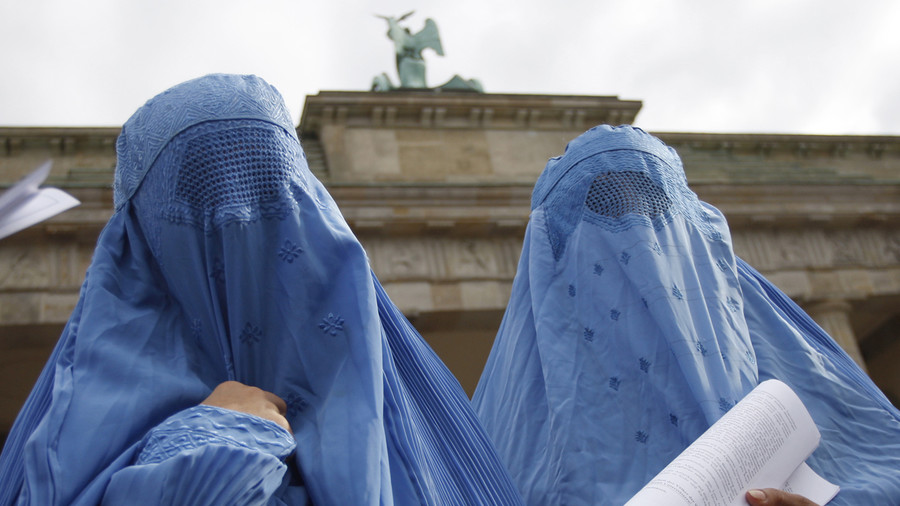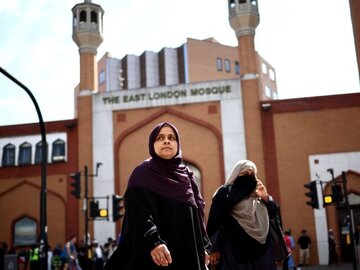The draft law, which was adopted by Bundestag members on Thursday evening, will prevent civil servants, judges and soldiers in Germany from wearing full-face veils at work. It, however, falls short of a total ban in public places.
“The state has a duty to present itself in an ideologically and religiously neutral manner,” said the text of the law passed by the lawmakers on Thursday evening.
The measure is part of a set of “security measures aimed at preventing extremist attacks.”
The draft law should now be put to vote in the upper house of the parliament.
Far-right groups have been campaigning, sometimes violently, against Muslims and refugees with repeated calls on their government to follow France, where a total ban on wearing burqas in public places has been in force since 2011.
More than a million refugees, mostly from predominantly Muslim countries, have taken asylum in Germany over the past 18 months.
Last year, Interior Minister Thomas de Maiziere proposed partially banning the full-face Islamic veil.
“We want to show our faces to each other and that is why we agree that we reject this, the question is how we put this into law,” de Maiziere said at the time.
In December, German Chancellor Angela Merkel also urged a similar ban, stressing that German law “takes precedence” over Sharia law.
“The full-face veil must be banned wherever it is legally possible,” said Merkel to delegates at the Christian Democratic Union (CDU) congress held in Essen.
Several European countries have already placed restrictions on the Islamic clothing since 2000. France became the first European Union country to ban it on public places.
/106





